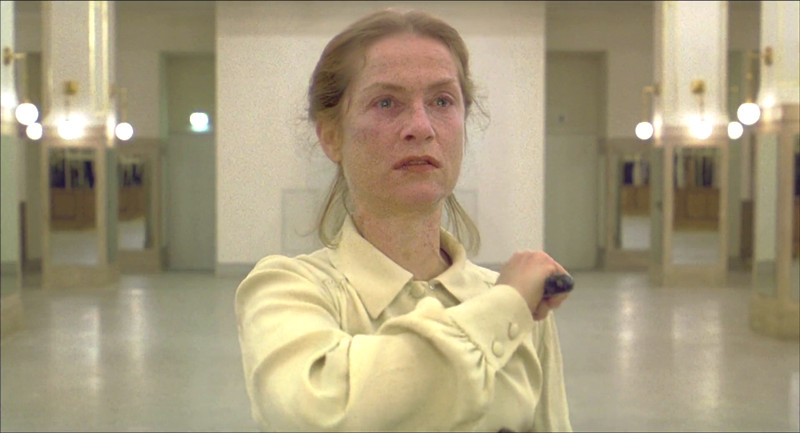
At 70, the prestigious festival held annually at the beautiful French city is hardly in want of recognition. Films that play here often go on to become cherished masterpieces of world cinema, or awards players and even in a few instances, huge box-office successes.
There is an allure to Cannes that even in an uninspiring year, never ceases to entrap cinephiles across the globe. Major filmmakers who would shape the cinematic consciousness of generations have had their breakthroughs at the Festival.
The rich history of the event constitutes many highs and lows – after all, careers have been destroyed at Cannes before they could even take off – and memorable controversies, but when a discovery is made or a belief reaffirmed or challenged at Cannes, the reverberations are felt all over the world.
At the close of every festival, a ceremony is held to honor a selected group of individuals whose contributions were considered noteworthy by the Competition Jury. As this Jury is a small collection of celebrated artists, its choices are rarely deemed to be universally palatable by film critics who attend the Festival, and most Cannes controversies are sparked the moment a divisive film wins a prize.
David Lynch’s Palme d’Or victory for 1990’s “Wild at Heart” saw crowds openly booing as he went up to receive it. Ditto for Quentin Tarantino’s 1994 classic “Pulp Fiction” that won over crowd favorite “Three Colors: Red”, the undeniably magnificent conclusion to Krzysztof Kieślowski’s masterful trilogy. The day after Abdellatif Kechiche’s “Blue is the Warmest Color” took home the prize, the author of the novel it’s based on called it “porn”.
Of course, some choices have been celebrated as game-changers a few years down the line, including the likes of Michelangelo Antonioni’s “L’Avventura”, David Cronenberg’s “Crash” and even Abbas Kiarostami’s “Taste of Cherry”, a film openly reviled by iconic film critic Roger Ebert.
The festival has also had its fair share of controversial choices while honoring certain performances as well. Kirsten Dunst’s Best Actress prize for Lars von Trier’s “Melancholia” was a huge surprise considering the director’s rather ill-suited comments on Hitler landed him in trouble.
But largely, the performances awarded are proof that Cannes can put exceptional talents on the map. Some even end up winning Oscars, most famously in the case of Italian actress Sophia Loren with her exquisite performance in “Two Women”.
So here are 20 of the greatest performances honored at the Cannes Film Festival.
20. Marie-Josee Croze – The Barbarian Invasions
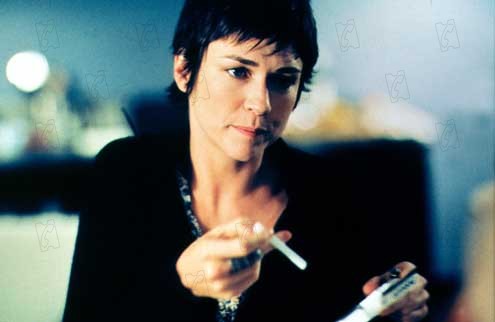
Denys Arcand’s celebratory death march has few parallels in cinema. With its delectable absurdity transcending so effortlessly into piercing melancholy and a deceptive simplicity shielding a rebellious wit that comforts and provokes in equal measure, the film safely sits in the pantheon of impeccably crafted, ludicrously well-written comedies whose replay value has just kept growing.
The cast is an exhilarating union of audacious, carefree performers whose crumbly playfulness makes their lively generosity with emotion even more heartfelt. The most revelatory performance came in the form of a moody, earnest turn from French Canadian actress Marie-Josee Croze, who plays a drug addict helping an old man die in peace.
Ravishing in its sincerity, but alarmingly cold in its guardedness, Croze’s nearly non-assessable contribution makes the film rise to much more poignant heights than its classical premise might suggest.
19. Michael Redgrave – The Browning Version
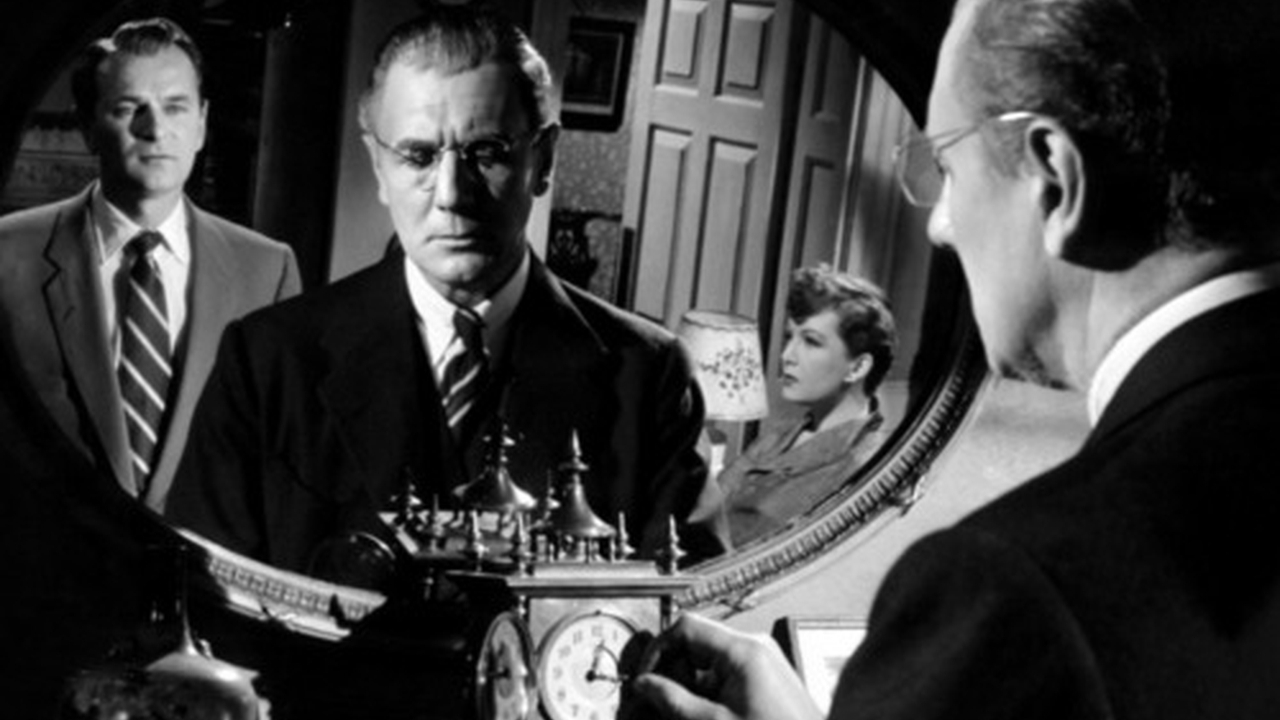
Anthony Asquith’s 1951 adaptation of the famous play is a nostalgic fantasy that enjoys its studied sentimentality with a precisely conventional layering of the acclaimed text to give its audience a sense of cinematic pleasure, while never exploiting its potential for meditative retrospection in the purest of terms. “The Browining Version” still resonates with tangible sturdiness, employing a subdued look into the cruelty of a self-inflicted loneliness.
At the center is a deeply internalized and heartfelt performance by Michael Redgrave, father to legendary actress Vanessa, who displays an astute tenderness and a fallible sense of masculinity that casts a darker shadow over the largely banal film than it actually asks for, and is all the better for it.
He plays a misunderstood, insipid teacher at a public school; despised by his students and fellow staff, and who is consequently forced into a retirement due to his declining health. Redgrave’s admirable unobtrusiveness joyously fills the void a lack of a lush character study leaves in this film, and works almost outside the plot, as a vividly shaded portrayal that benefits the story rather than benefiting from it.
18. Maggie Cheung – Clean
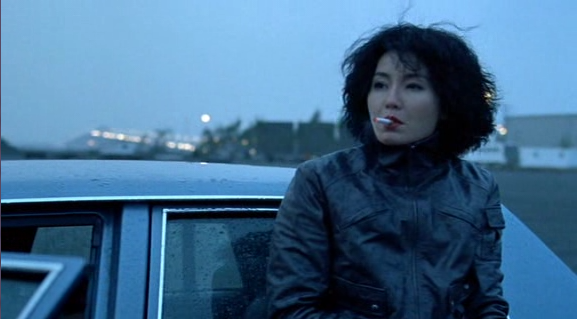
Olivier Assayas’s “Clean” is frequently targeted as one of the films that rely too heavily on the stereotypical rendition of a drug addict and the mess they leave for others to clean up behind them with every wrong turn.
And while it must be admitted that its narrative does little to prove that accusation wrong, actress Maggie Cheung, who is of that rare breed that can act like they belong to language or setting without making it look even a tad strenuous, who plays the lead Emily, a recovering addict who has lost her husband to heroin and must now take decisions keeping in mind her son and a hope for a better life, never lets it become the clinical movie of the week, with her brittle sensitivity underlining the stone-cold truth of a life lived in uncertainty.
For much of “Clean”, Cheung’s Emily is just looking. Her eyes flicker in hopes of landing on something she can hang on to. With everything gradually slipping away from her, Cheung’s dangerously subversive portrayal mocks our distorted, ill-informed judgment of Emily’s situation. It draws a line between the humanity of our empathy and the inhumanity of our objectivity so sufficient, it’s hard to not want to look away, our guilt accentuating our discomfort.
17. Olivier Gourmet – The Son
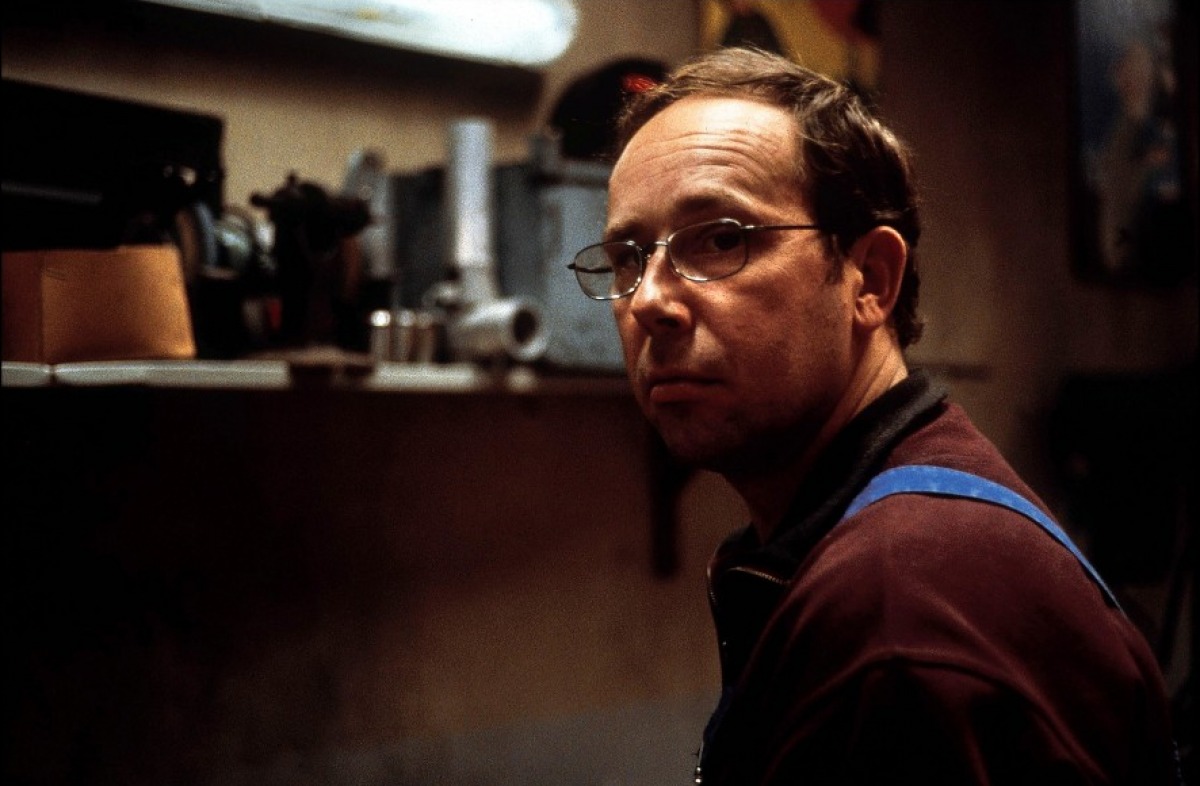
Jean-Pierre and Luc Dardenne have consistently shown their aptitude at deploying stillness as a cinematic style, heavily influenced by the luxurious, serenading detailing of the films of Chantel Akerman. While writing about this underrated masterpiece in his book “Au dos de nos images”, Luc Dardenne references a scene where the protagonist’s wife questions him as to why he has knowingly accepted their son’s killer as his apprentice, he replies, “I don’t know.” Dardenne simply writes, “We don’t know either.”
Frequent Dardenne companion Olivier Gourmet plays that protagonist with an astonishingly ambitious depth. A stark turmoil of decades’ worth of agony seems to be eating him up from the inside in every single frame of the film. His startling affection towards the apprentice is almost like a balletic leap for the actor: he risks everything for capturing a glorious epiphany, capitalizing on his ability to render quietness unnerving, riveting and chilling.
16. Charlotte Gainsbourg – Antichrist

Deemed unwatchable by multiple critics, “Antichrist” is Lars von Trier’s most von Trier film. It is equally repelling and gorgeous, mundane and meaningful, robust and insensate. It never aspires to be more than the director’s attempt to materialize his own darkest imaginings, and any significance a viewer attaches to its inherent bleakness can be frightening.
Renowned filmmaker John Waters said of the film, “If Ingmar Bergman had committed suicide, gone to hell, and come back to earth to direct an exploitation/art film for drive-ins, “Antichrist” is the movie he would have made.”
The film tells the story of an unnamed couple who lose a child to an accident and the husband, a psychiatrist tries to help his grieving wife recover. What then transpires from this oft-used premise is a practical assault on all you senses, resulting in some vowing to never see a von Trier film again, and others getting enraptured by his relentless dedication to his own fantasies and nightmares even more.
The role of the wife was initially offered to Eva Green, who would’ve brought a manic appropriate for von Trier’s modus operandi, but the eventual choice of Charlotte Gainsbourg injected a horrifying and persistently troubling humanity to the film, without which it would have come across as an empty attempt to bank on its sheer creepiness.
Gainsbourg’s “Antichrist” – because it belongs as much to her as it does to von Trier – invades your consciousness, paralyses your sense of joy and provokes a mental trajectory that is either wonderfully rewarding or mercilessly harrowing.
15. Rooney Mara – Carol
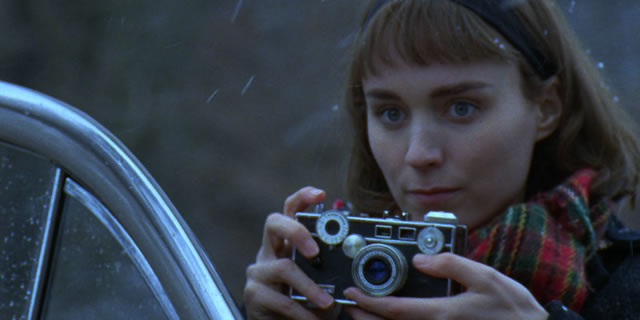
Expecting proportional flexibility from Todd Haynes is like expecting haywire comedies from Michael Haneke. Haynes always makes the smallest of films, mostly because he’s never afforded the budget to make bigger ones, and because he’s still very much an outsider to the Hollywood machinery. Even a love story that harbors in itself the unadulterated passion most epics aim for, Haynes instead went the “Brief Encounter” way.
It’s the happy accidents that inform everything in his “Carol”. A stolen glance, the naïve apprehension of whether what you’re feeling even exists, the unspoken comfort lent to someone looking at you from across a crowded room, all of it says much more than any overtly poetic dialogue and framed under the fine-grain Super 16mm cinematography of Edward Lachman, the actors’ mere presence seems to be bursting with repressed longing.
While Cate Blanchett plays the titular Carol, most of the film, like “The Price of Salt”, the book on which it is based, is told from Therese’s perspective. Mara’s Therese is the isolated orphan whose unassuming nature never allowed her to confront her own truth beyond what the period’s hardened beliefs allowed her to see.
When she meets Blanchett’s Carol, her entirety seems to explode, and you can see the affect in Mara’s timidity, the delicate lowering of the volume of her speech, the caution with which she communicates everything, and the rapidity of her heartbreak are the work of an actress much beyond her years, with an understanding of the cinematic language that would make many of her peers buckle.